Art History as a Resource for Understanding Social Bias in Disability
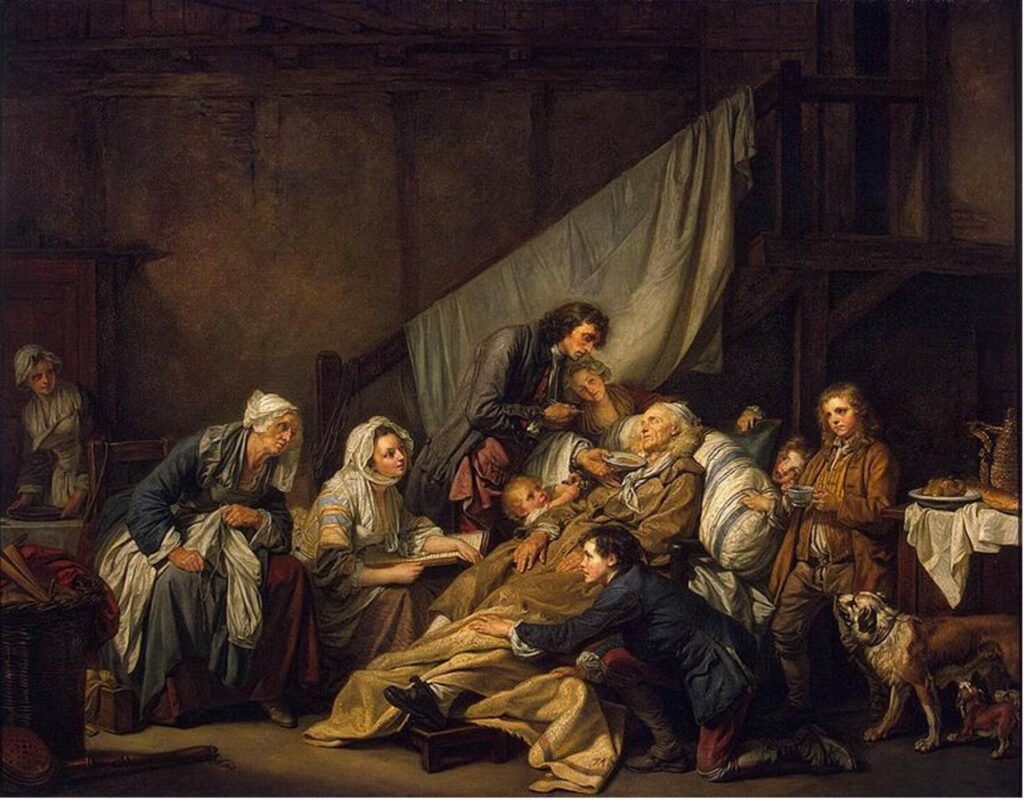
In a dramatic presentation of imagery past and present, this author invites readers to consider ongoing attitudes toward persons with disabilities.
Humanity a Plenty
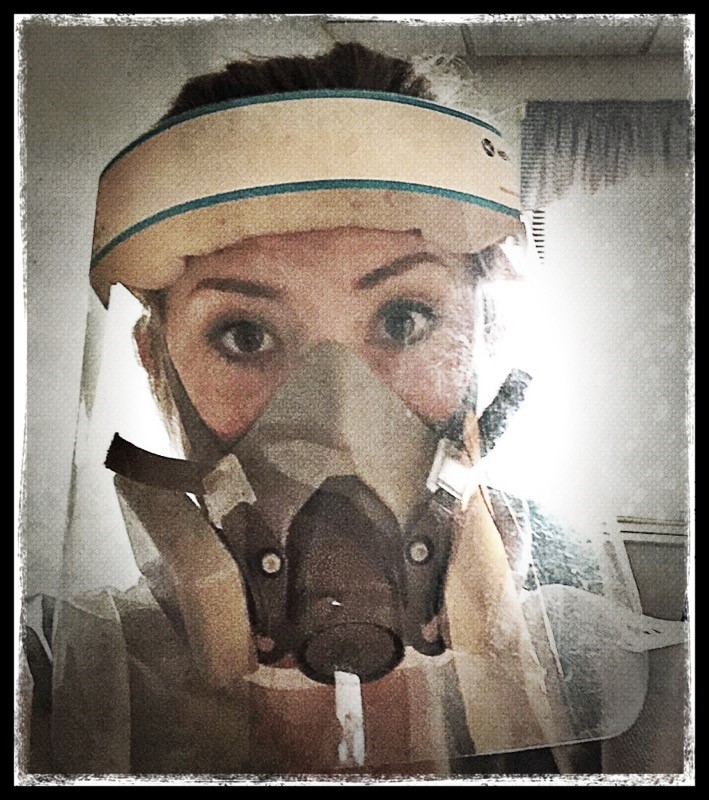
Download the article (pdf) Table of Contents Beleaguered but not brokenShe dons once againHer foreboding regalia–pandemic paraphernalia An unglamorous gownHiding human formCuffed with glovesThat thwart true touch A stark dark maskWarps each wordA full-faced shieldCheats cheek to cheek All a collagethat frightens the frailAs they thirst for humanityamidst their infirmity But within this abyssA […]
Defining What ‘Care’ Means: A Book Review of The Soul of Care: The Moral Education of a Husband and a Doctor
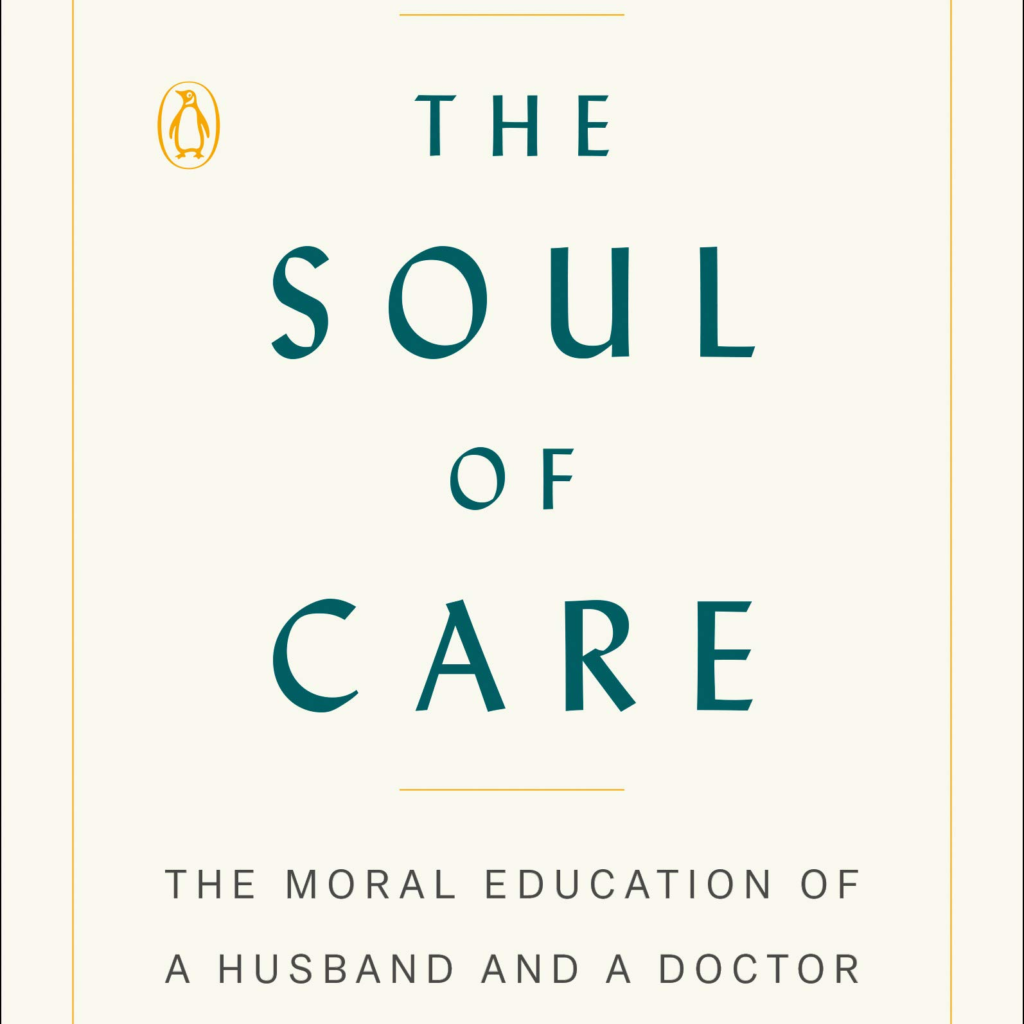
Arthur Kleinman’s new book takes a hard look at what ‘care’ means by taking the reader on his own personal journey – one that led to the challenge of caring for his wife. In this insightful summary, Bruce Greenfield highlights Kleinman’s call to “move beyond a narrow definition of caring as technical excellence to caring based on a continuous healing relationship …”
CHEP-JHR Student Essay Contest 2021-2022

[vc_row content_placement=”top”][vc_column][vc_custom_heading source=”post_title” font_container=”tag:h1|text_align:left|color:%231e73be” use_theme_fonts=”yes”][vc_custom_heading text=”By Sarah Blanton” font_container=”tag:h4|text_align:left|color:%23000000″ use_theme_fonts=”yes” css=”.vc_custom_1637080783560{padding-bottom: 30px !important;}”][vc_column_text]Download the article (pdf)[/vc_column_text][vc_column_text]The Fifth Annual Student Essay Contest is Now Open for Submissions! The essay prompt for the 2021-2022 physical therapy student essay contest is: The pandemic highlighted a critical need to reimagine education in physical therapy, as programs had to quickly […]
Resources: “My Spirit Burns Through This Body”

Download the article (pdf) Table of Contents To Read: My Spirit Burns Through This BodyAkwaeke Emezi Akwaeke Emezi is an award-winning writer and artist known for their poignantly reflective writing. The themes of gender, inhabiting a disabled body, and the human experience are woven through their work, visible in their various novels, short essays, […]
Healing Hands: A Street Medic in the Twin Cities Uprising
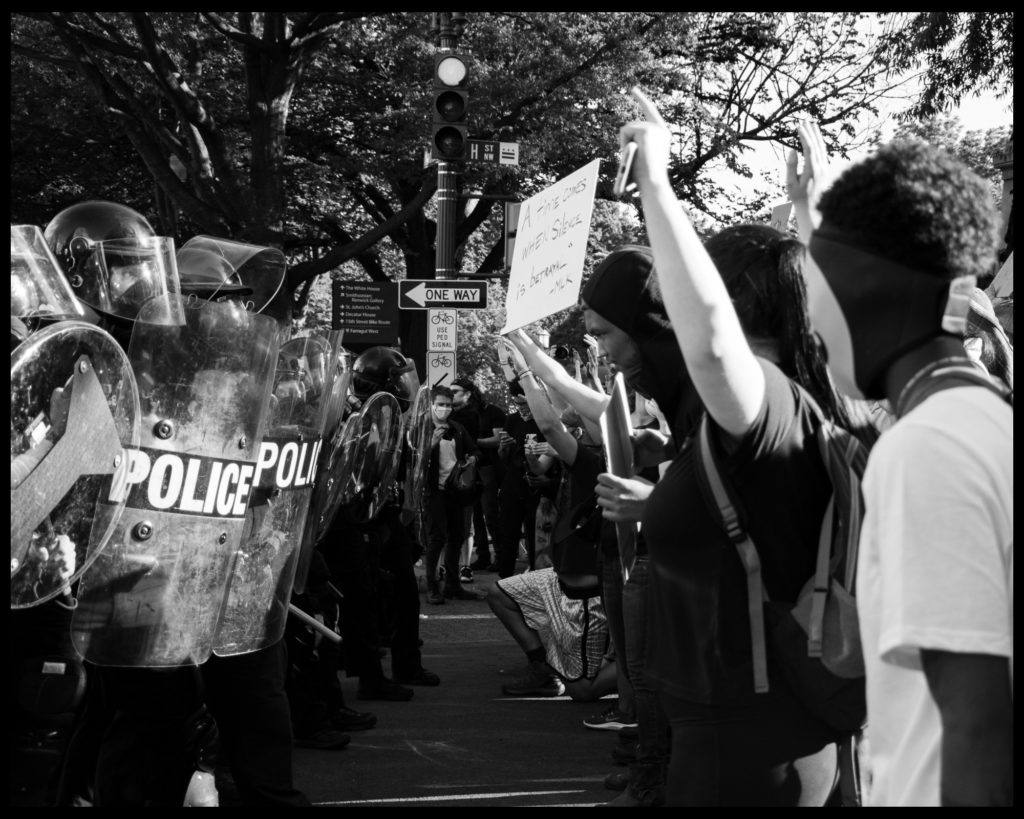
This unique reflective narrative presents a harrowing account of a clinician’s experience trying to heal the wounds of demonstrators during the Twin Cities uprising this past spring. Michael Rosentreter and Jáime Gonzalez vividly describe Rosentreter’s time spent navigating flash grenades, tear gas, and other threats as he provides medical support to demonstrators. The experience helped him realize how valuable the role of a physical therapist in emergency settings truly is. Reflecting on the lessons learned during those nights, he realized, “However elevated the risk to me, nothing I experienced compares to the fear and danger people of color continually face.” He states his commitment to the role of advocacy in physical therapy to recognize and dismantle systemic, institutional, and individual racism.
A Challenge from the ‘Otherside of America’: Perspectives from a Black Clinician
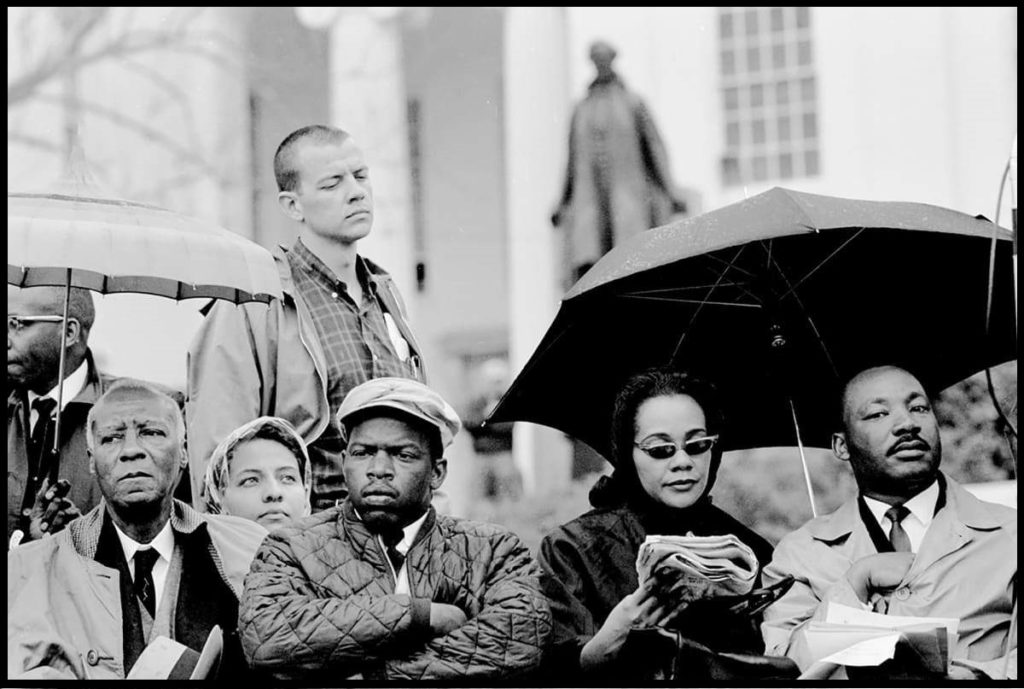
In this stirring account, Oluremi Wanjiru Onifade and Sarah Caston present an honest and compelling look at the challenges within the physical therapy educational community for Black and brown people. Onifade paints a picture of her life growing up as a Kenyan/Nigerian queer-identifying Black American, and the obstacles she overcame on the path to her DPT. Her account ends where she challenges her colleague Caston: “There is a lack of representation of Black and brown people teaching in your PT program. Are you willing to do something?”
In response, Caston describes how that direct question changes her perception as an educator. She asks, “What does it look like for me, a white, heterosexual, cis-gender woman, to stand up to racism? And again, I ask, what does it look like for the profession of physical therapy to do the same?”
A Letter to My Mother

An homage to a devoted Charge Nurse, “A Letter to My Mother” lovingly shows what makes a true hero in today’s healthcare system. Ezeoyibo Justin Otiwu’s mother works nights with her COVID-19 patients without complaint and returns home to serve as a caregiver. This letter is a call-to-action for a new perspective on our essential workers, and poignantly drives us to reckon with the question of “how will we advocate for much-needed change to help the system’s valiant fighters?”
Black Lives Matter and Anti-Racism Resource Guide
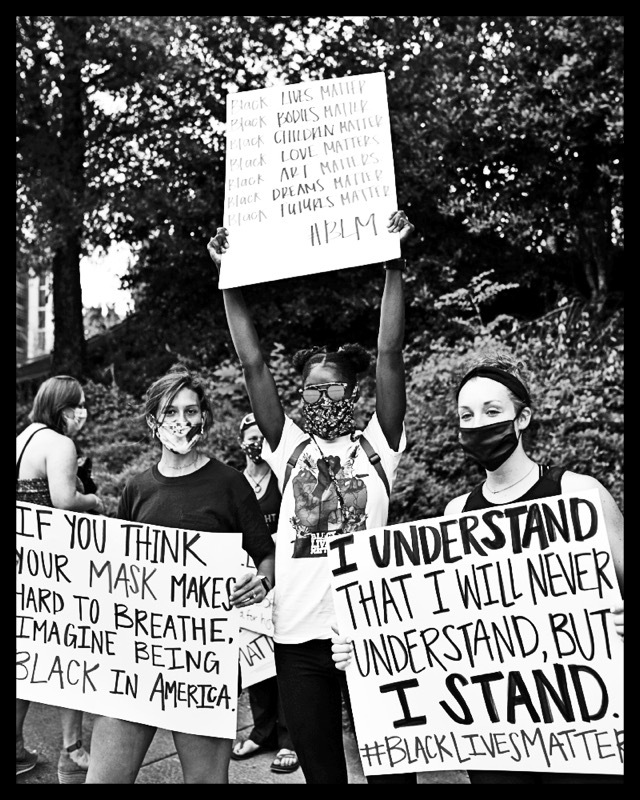
In alignment with our ongoing series dedicated to addressing social change, we offer a list of humanities-based resources for the Black Lives Matter movement and social justice. The materials accessed through the links offered here address art, beauty, dance, ethics, health issues, humanities education, movies, music, writings, and the Black experience in academia and the workplace. Readers are invited to access it frequently to educate themselves, self-reflect, and either begin or add to their journey toward being consistently anti-racist.
COVID-19 Resources: Health, Humanities, and Pandemic Intersections
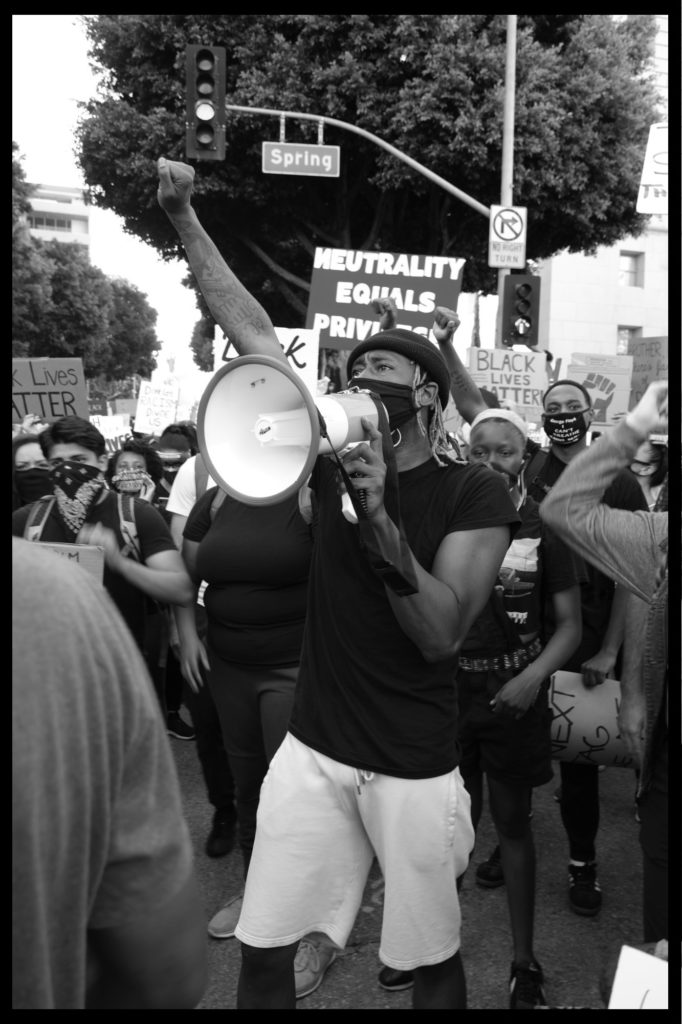
To help JHR readers—and clinicians dealing with the pandemic—find inspiration, intellectual stimulation, and even some entertainment during these days of crisis and necessary isolation, Jamie Fleshman, SPT has compiled an extensive list of thought-provoking resources. The materials accessed through the links offered here address ethics, disability, a wide range of the arts, education, and clinical information—all collated from a humanities perspective. Readers are invited to access it frequently for inspiration during the weeks ahead.

